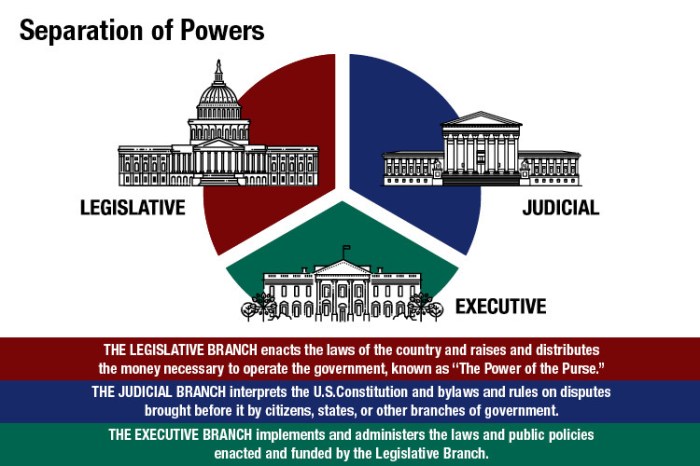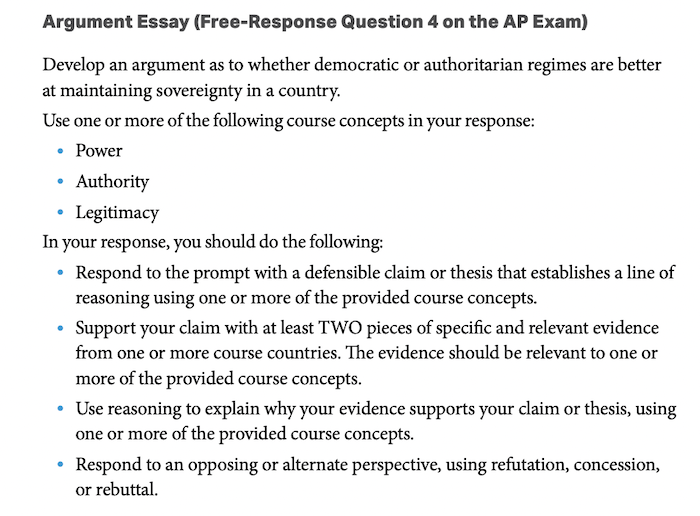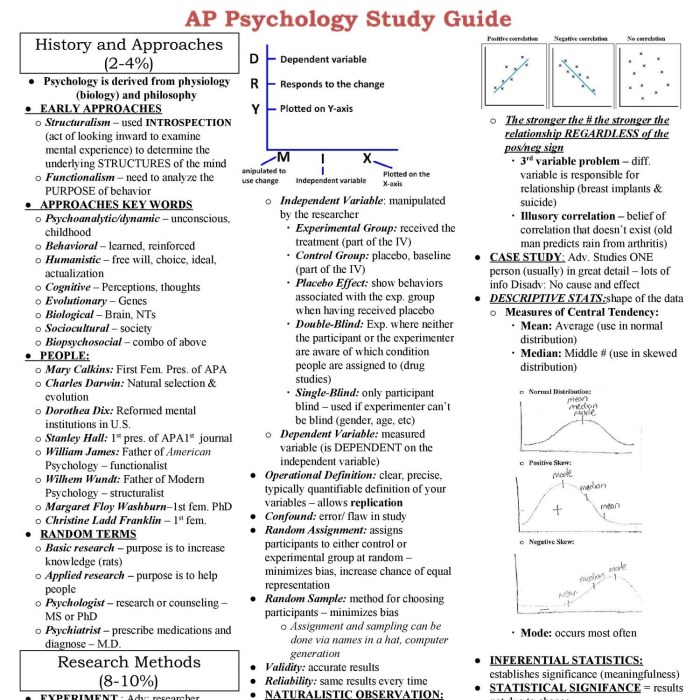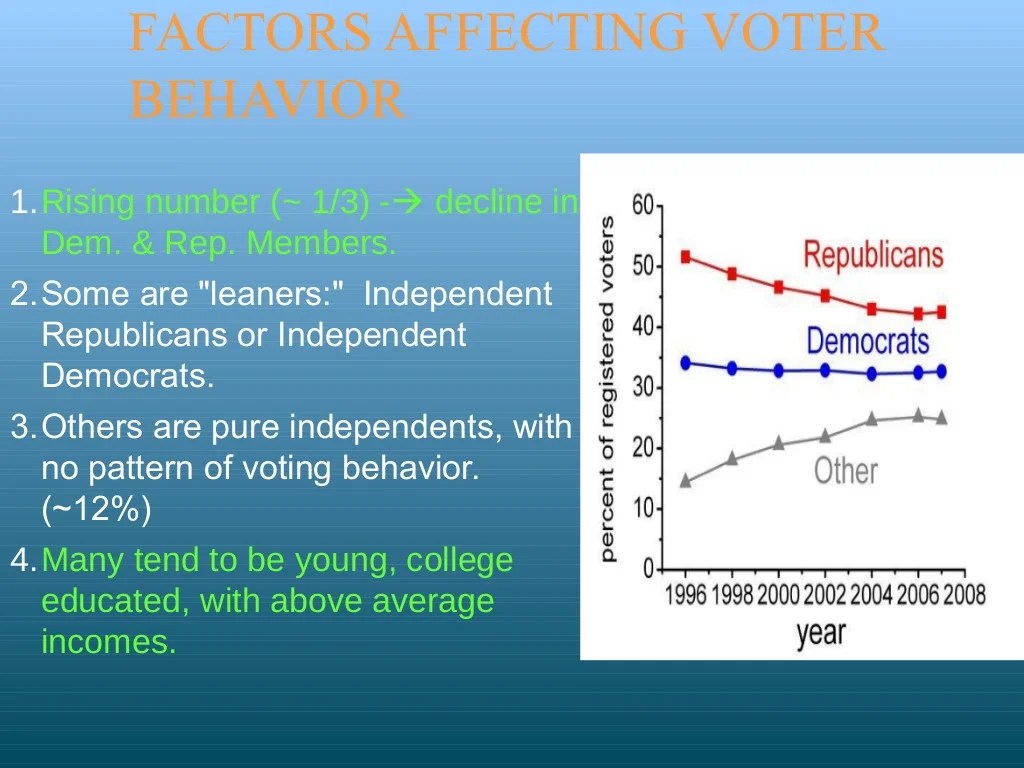Embark on an intellectual journey with our comprehensive AP Gov Unit 2 study guide PDF, meticulously crafted to illuminate the foundational principles and intricate workings of American democracy. This guide serves as your trusted companion, empowering you to navigate the complexities of government with clarity and confidence.
Prepare to unravel the fundamental concepts that shape American governance, from the foundational principles enshrined in the Constitution to the dynamic interplay of political ideologies and institutions. Our study guide delves into the intricacies of public policymaking, the delicate balance of civil liberties and rights, and the fascinating world of comparative politics.
AP Government Unit 2 Overview
Unit 2 of the AP Government course focuses on the political processes that shape American politics. It examines the institutions and mechanisms through which citizens participate in government and how government policies are made and implemented. The unit is divided into four major themes:
- Political Participation: This theme explores the various ways in which citizens participate in the political process, including voting, running for office, and joining interest groups.
- Political Parties and Interest Groups: This theme examines the role of political parties and interest groups in American politics. It discusses how these organizations influence the political process and how they represent the interests of citizens.
- The Media and Public Opinion: This theme explores the role of the media in shaping public opinion and how public opinion influences government policy. It discusses the different types of media outlets and how they cover political issues.
- The American Political System: This theme provides an overview of the American political system, including the three branches of government and the system of checks and balances. It also discusses the role of the Constitution in shaping American politics.
Constitutional Underpinnings of American Democracy

The United States Constitution establishes the fundamental principles and framework for the American democratic system. These principles, known as the Constitutional Underpinnings, shape the structure and functioning of the government and guarantee individual rights and liberties.
Federalism
Federalism divides power between the federal government and the individual states. The federal government is responsible for matters affecting the entire nation, such as foreign policy and interstate commerce. States have authority over issues within their borders, such as education and local law enforcement.
This division of power prevents any one entity from becoming too powerful and ensures that decisions are made at the most appropriate level.
Separation of Powers
The Constitution separates the powers of government into three branches: legislative, executive, and judicial. The legislative branch (Congress) makes laws, the executive branch (President) enforces laws, and the judicial branch (Supreme Court) interprets laws.
If you’re searching for an ap gov unit 2 study guide pdf, there are plenty of resources available online. But if you’re looking for a break from studying, why not try our waves word search answer key ? It’s a fun way to test your knowledge of the topic and relax at the same time.
Once you’ve finished the word search, you can go back to your ap gov unit 2 study guide pdf feeling refreshed and ready to learn.
This separation prevents any one branch from dominating the others and ensures a balance of power.
Checks and Balances
Checks and balances are mechanisms that allow each branch of government to limit the powers of the other branches. For example, Congress can override presidential vetoes, the President can veto laws passed by Congress, and the Supreme Court can declare laws unconstitutional.
These checks and balances ensure that no one branch can become too powerful and that the government remains accountable to the people.
Political Beliefs and Behaviors: Ap Gov Unit 2 Study Guide Pdf

Political beliefs and behaviors encompass the diverse ideologies, values, and actions that shape individuals’ engagement with the political system. These beliefs and behaviors are influenced by various factors and play a crucial role in shaping political outcomes.
Political Ideologies
In the United States, there are several dominant political ideologies, each characterized by distinct beliefs about the role of government and society. These ideologies include:
- Liberalism:Emphasizes individual rights, equality, and social justice. Supports government intervention to promote these values.
- Conservatism:Focuses on tradition, order, and limited government. Advocates for free markets and individual responsibility.
- Libertarianism:Believes in minimal government interference in personal and economic matters. Supports individual liberty and free markets.
- Socialism:Promotes collective ownership of resources and a more equitable distribution of wealth. Advocates for government programs to provide social welfare.
Factors Influencing Political Socialization and Participation, Ap gov unit 2 study guide pdf
Political socialization is the process through which individuals acquire political beliefs and values. Factors influencing this process include:
- Family:Parents and siblings often transmit their political views to children.
- Education:Schools and universities provide opportunities for political learning and discussion.
- Media:News outlets and social media shape individuals’ perceptions of political issues and candidates.
- Personal experiences:Life events, such as economic hardship or military service, can influence political beliefs.
Political participation refers to individuals’ involvement in the political process. Factors influencing participation include:
- Education and income:Higher levels of education and income tend to increase political participation.
- Political efficacy:Individuals who believe they can influence political outcomes are more likely to participate.
- Political mobilization:Efforts by political parties and interest groups to encourage participation.
Role of Political Parties and Interest Groups
Political parties and interest groups play significant roles in the American political system:
- Political Parties:
- Aggregate and represent diverse interests.
- Nominate candidates for office.
- Mobilize voters and raise funds.
- Interest Groups:
- Represent specific interests or causes.
- Lobby government officials and influence policy.
- Provide information and mobilize supporters.
Institutions of National Government
The federal government of the United States is a complex system of checks and balances designed to ensure that no one branch becomes too powerful. The three branches of government—the legislative, executive, and judicial—each have their own powers and responsibilities, and they work together to create a stable and effective government.
Legislative Branch: Congress
- Composed of the Senate and the House of Representatives
- Responsible for making laws, declaring war, and approving treaties
- Has the power to impeach the president and other high-ranking officials
Executive Branch: President
- Head of state and commander-in-chief of the armed forces
- Responsible for enforcing laws, conducting foreign policy, and appointing judges
- Has the power to veto laws passed by Congress
Judicial Branch: Supreme Court
- Highest court in the United States
- Responsible for interpreting the Constitution and laws
- Has the power to declare laws unconstitutional
Checks and Balances
The three branches of government are designed to check and balance each other’s power. For example, the president can veto laws passed by Congress, but Congress can override the veto with a two-thirds vote. The Supreme Court can declare laws unconstitutional, but the president can appoint new justices to the Court.
This system of checks and balances helps to ensure that no one branch of government becomes too powerful. It also helps to protect the rights of individuals and minorities.
Civil Liberties and Civil Rights

Civil liberties and civil rights are fundamental guarantees enshrined in the Constitution that protect individuals from government overreach and ensure equal treatment under the law. These rights have evolved over time through landmark Supreme Court decisions and constitutional amendments.
First Amendment Rights
The First Amendment guarantees freedom of religion, speech, press, assembly, and petition. These rights protect individuals’ ability to express their beliefs, communicate with others, and hold the government accountable.
- Freedom of Religion:Prohibits government from establishing an official religion or interfering with religious practices.
- Freedom of Speech:Protects expression, even if controversial or offensive, with exceptions for incitement to imminent lawless action or obscenity.
- Freedom of the Press:Safeguards the right to publish and distribute information, ensuring a free and informed citizenry.
- Freedom of Assembly:Guarantees the right to gather peacefully for political or social purposes.
- Right to Petition:Protects the right to communicate grievances and advocate for changes in government policy.
Other Civil Liberties
Beyond the First Amendment, other civil liberties include the right to bear arms, due process of law, and protection against unreasonable searches and seizures.
- Second Amendment:Guarantees the right to keep and bear arms, although its scope and interpretation remain debated.
- Due Process:Requires fair and impartial legal proceedings, including the right to a trial, an attorney, and protection against self-incrimination.
- Fourth Amendment:Protects against unreasonable searches and seizures, requiring a warrant based on probable cause.
Civil Rights
Civil rights are legal protections that guarantee equal treatment under the law, regardless of race, religion, gender, or other characteristics. These rights have expanded significantly since the Civil War and the Civil Rights Movement.
- Equal Protection Clause:Prohibits discrimination based on race, religion, or national origin.
- Voting Rights Act:Protects the right to vote, including measures to overcome historical barriers to voting for marginalized groups.
- Civil Rights Act:Prohibits discrimination in employment, public accommodations, and other areas of public life.
- Americans with Disabilities Act:Protects individuals with disabilities from discrimination in employment, public accommodations, and other settings.
Ongoing Debates and Controversies
Civil liberties and civil rights remain the subject of ongoing debates and controversies, as society grapples with balancing individual rights with public safety and social order.
- Hate Speech:Defining the line between protected free speech and harmful hate speech remains a challenge.
- Gun Control:The scope of the Second Amendment and the need for gun control measures are fiercely contested.
- Affirmative Action:Policies designed to address historical discrimination raise questions about fairness and equal opportunity.
- Privacy vs. Security:The tension between government surveillance and individual privacy continues to evolve in the digital age.
Public Policy
Public policy refers to the set of laws, regulations, and actions taken by governments to address societal issues. The process of policymaking involves identifying problems, developing solutions, implementing them, and evaluating their effectiveness.
Various actors play significant roles in shaping public policy. Government agencies, such as legislative bodies and executive branches, are responsible for formulating and implementing policies. Interest groups, representing specific constituencies, advocate for their interests and influence policy decisions. The media serves as a watchdog, informing the public about policy issues and holding policymakers accountable.
Impact of Public Policy on Society
Public policies have a profound impact on society. They can affect economic growth, social welfare, environmental protection, and individual rights. Effective policies can address pressing societal problems, improve living standards, and promote equity. However, poorly designed policies can have negative consequences, such as unintended economic outcomes, social inequality, or environmental degradation.
Comparative Politics

Comparative politics examines and compares political systems across different countries, analyzing their structures, cultures, and policy outcomes. By doing so, we can identify similarities and differences, providing insights into the factors that shape political systems and their functioning.
Government Structure
Government structures vary significantly across countries. Some common types include:
- Presidential systems: The executive branch is headed by a president who is directly elected by the people and serves as both head of state and head of government.
- Parliamentary systems: The executive branch is led by a prime minister who is chosen by the legislature and is responsible to it.
- Monarchy systems: The head of state is a monarch (e.g., king or queen) who may or may not have political power.
Political Culture
Political culture refers to the values, beliefs, and attitudes that shape political behavior within a society. It influences how citizens view the government, their role in it, and the legitimacy of political authority.
- Civic cultures: Emphasize citizen participation, democratic values, and a sense of community.
- Parochial cultures: Characterized by limited political participation, a focus on local interests, and a lack of trust in government.
- Subject cultures: Characterized by a passive acceptance of authority and a lack of political engagement.
Policy Outcomes
Policy outcomes are the results of government policies and programs. They can vary significantly across countries due to differences in political systems, cultures, and economic conditions.
- Economic policies: Can influence economic growth, inequality, and unemployment.
- Social policies: Can affect education, healthcare, and social welfare.
- Foreign policies: Can shape international relations and influence global events.
Common Queries
What key topics are covered in AP Gov Unit 2?
Unit 2 delves into the constitutional underpinnings of American democracy, political beliefs and behaviors, institutions of national government, civil liberties and rights, public policy, and comparative politics.
How can this study guide help me prepare for the AP exam?
Our comprehensive study guide provides a structured review of all essential concepts, allowing you to focus your preparation and maximize your score on the exam.
Where can I find additional resources for AP Gov Unit 2?
Explore reputable websites, textbooks, and online forums dedicated to AP Government to supplement your learning and deepen your understanding.